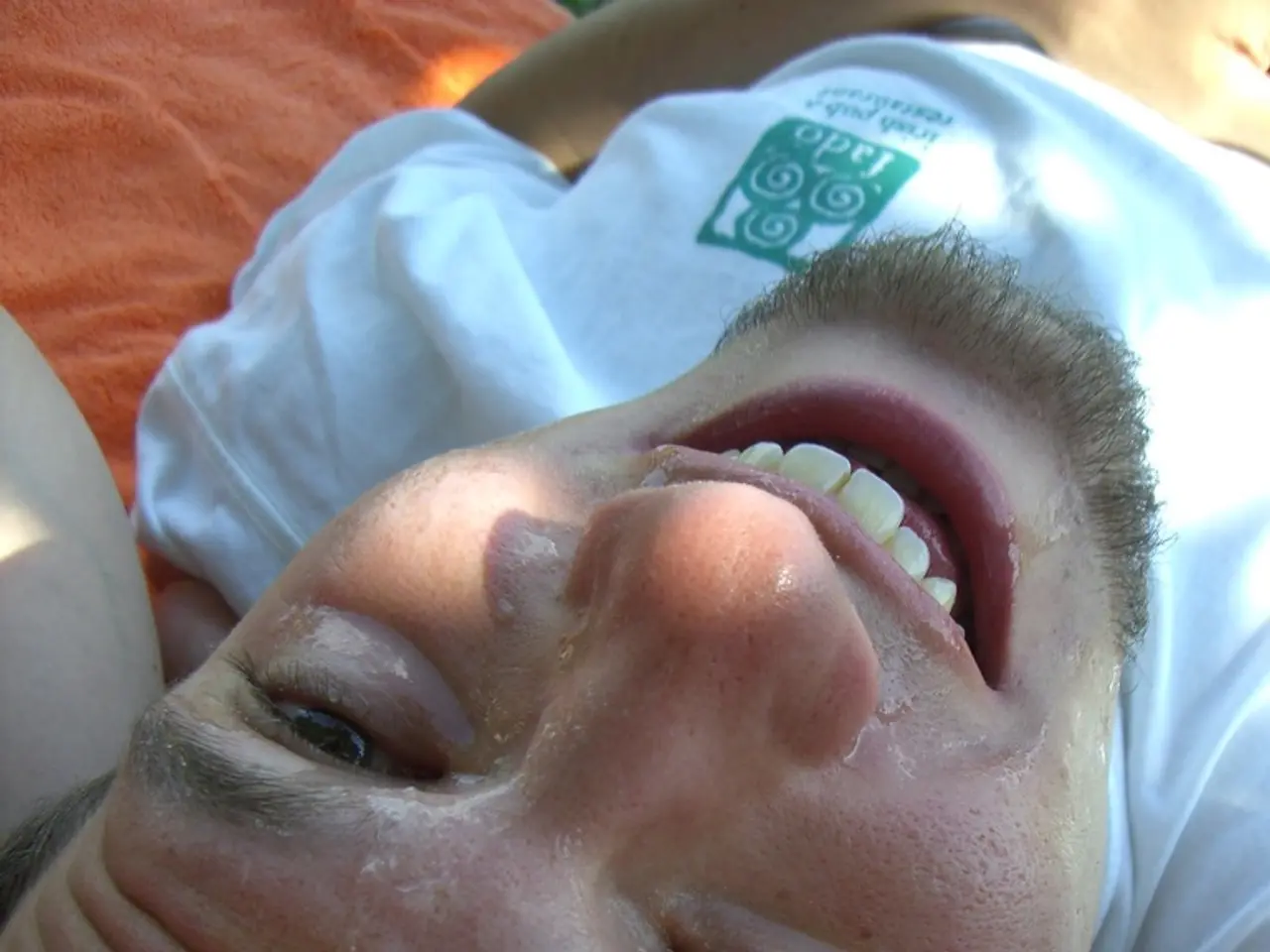Science and Lies Exposed: Exploring the Convergence of Polygraphy and Psychology for Truth Uncovering
The partnership between polygraph technology and psychology is proving to be a significant force in the realm of lie detection, particularly in forensic and legal settings. This collaboration is crucial in interpreting physiological responses, such as blood pressure, pulse, and respiration, as indicators of deception.
In legal and forensic use, polygraph tests integrate psychological expertise to refine techniques like the Guilty Knowledge Test and methods to reduce false positives. Modern polygraphs, bolstered by psychological theory and software, claim accuracy rates up to 97% in detecting deception.
Psychological assessments support the admissibility of polygraph evidence in courts by evaluating the scientific validity and reliability of the tests. Expert testimony is a vital component in establishing the credibility of polygraph results.
The integration of psychology is also paving the way for AI-based polygraph systems, such as "AVATAR", which aid government screening processes for threats. These AI systems use psychological cues to flag deceptive behavior, with success rates between 60-80%, and refer suspicious cases for human psychological analysis.
This synergy between psychology and polygraphy offers numerous benefits. It helps create scientific frameworks that enhance the credibility and judicial acceptance of lie detection evidence, crucial for justice systems needing reliable tools to assess truthfulness.
By leveraging psychological insights into physiological and behavioral indicators of lying, polygraph tests can become more sophisticated and less prone to errors like false positives or negatives. This, in turn, can increase public and judicial confidence in using these tests for investigations and court cases.
The development of AI-driven polygraphs grounded in psychological theories of deception points to future autonomous systems that can efficiently screen for dishonesty with minimal human intervention.
Despite limitations and controversies surrounding its use, lie detection remains an essential tool for identifying and preventing deception. The more difficult it is to fool an expert in detecting lies, the more detection apprehension the liar will feel, according to psychologist Paul Ekman.
Psychology plays a crucial role in the accuracy of detecting lies by observing non-verbal cues and mental states of an individual. The partnership between polygraphy and psychology holds great potential for enhancing the accuracy of lie detection and uncovering preconscious motives in individuals.
References: [1] Groves, P. M., & Dinges, D. C. (2016). The polygraph: Theory, method, and practice. Oxford University Press. [2] Ekman, P., & O'Sullivan, M. (2014). Telling lies: Clues to deception. W. W. Norton & Company. [4] Iacono, W. G., & Lykken, D. T. (2007). The polygraph and the future of lie detection. Annual Review of Psychology, 58, 191-211.
- The integration of psychological expertise into polygraph tests, such as the Guilty Knowledge Test, is refining techniques for lie detection, particularly in forensic and legal settings.
- Modern polygraphs, built upon psychological theory and software, claim accuracy rates of up to 97% in detecting deception, thanks to physiological responses like changes in blood pressure, pulse, and respiration.
- Psychological assessments support the use of polygraph evidence in courts by evaluating the scientific validity and reliability of the tests, with expert testimony contributing to the credibility of polygraph results.
- The partnership between psychology and polygraphy is fostering the development of AI-based polygraph systems, like "AVATAR", which use psychological cues to flag deceptive behavior, with success rates between 60-80%.
- By relying on psychological insights into physiological and behavioral indicators of lying, polygraph tests can become more sophisticated, reducing errors like false positives or negatives, increasing confidence in their use for investigations and court cases.
- The development of AI-driven polygraphs grounded in psychological theories of deception points to future autonomous systems that can efficiently screen for dishonesty with minimal human intervention, making lie detection more reliable for justice systems.




